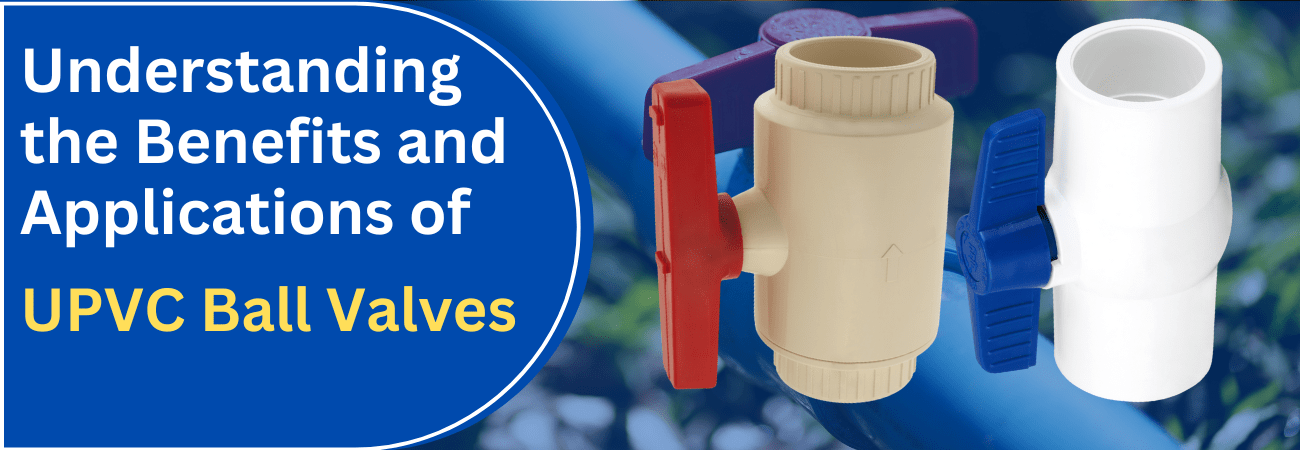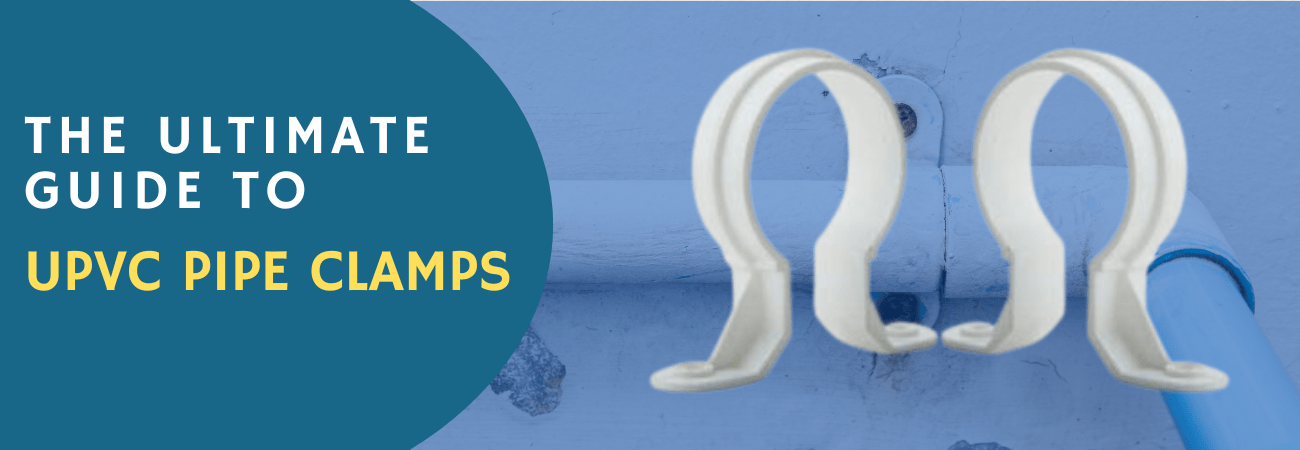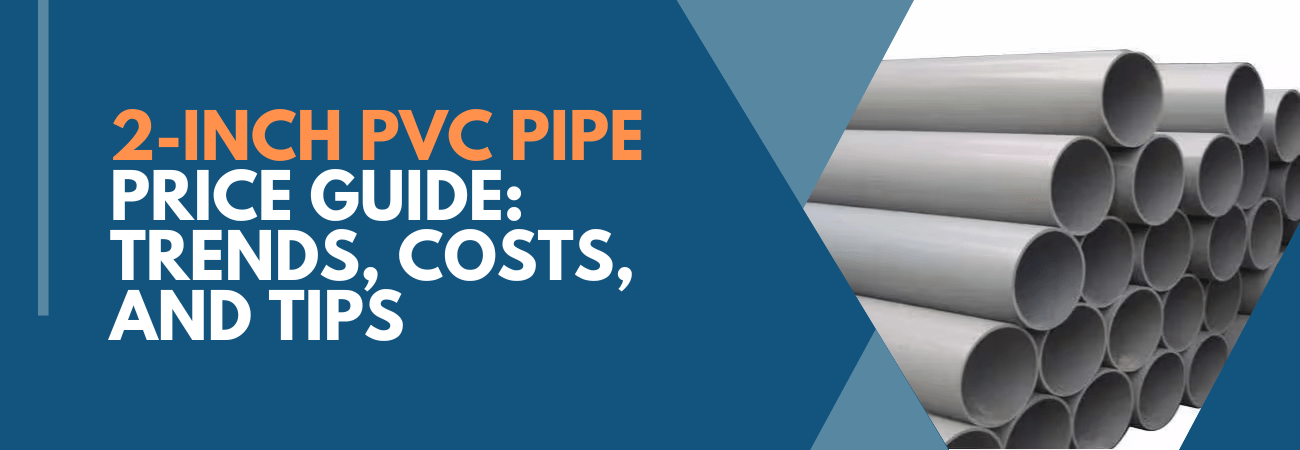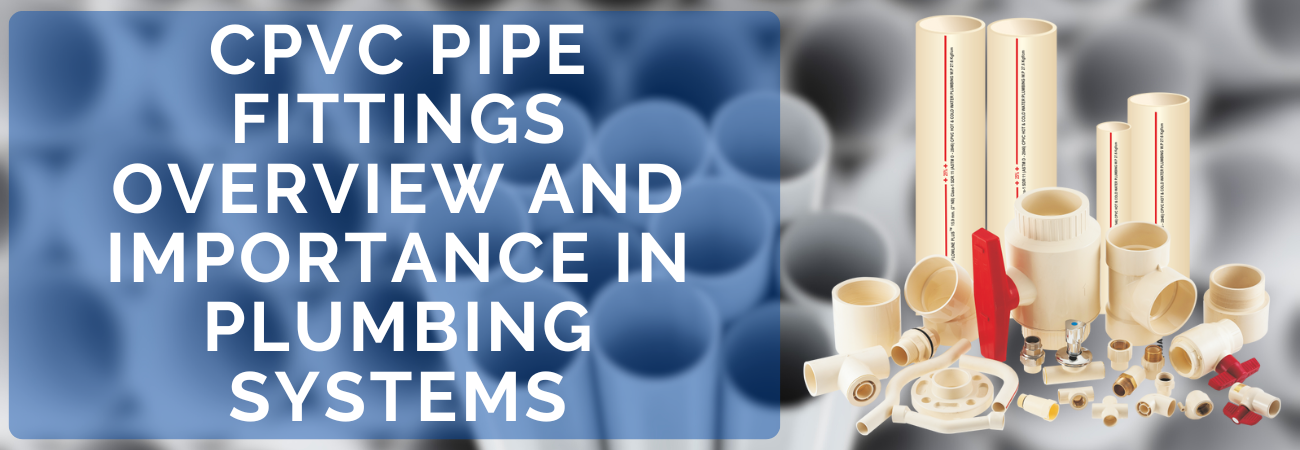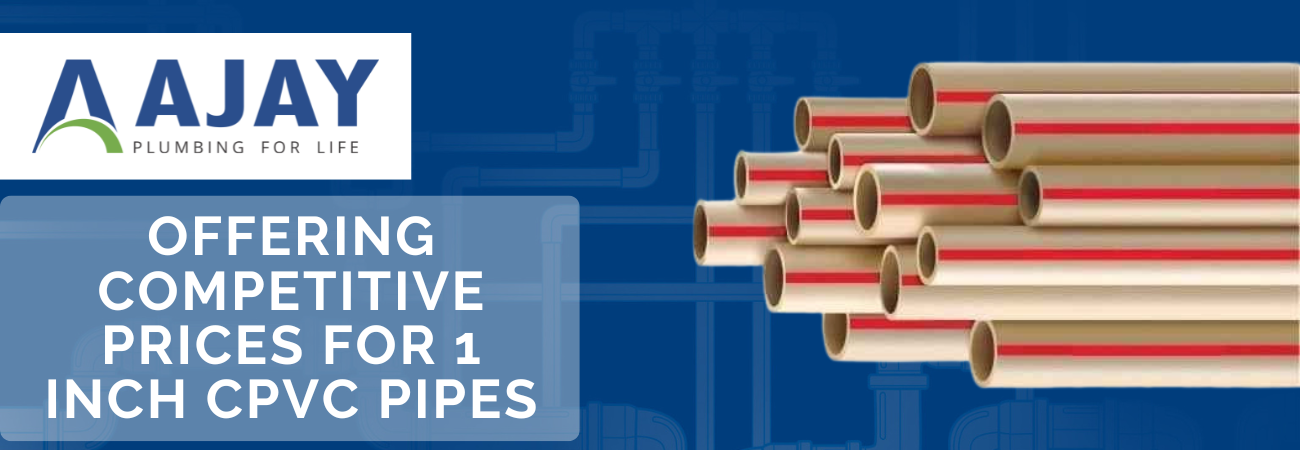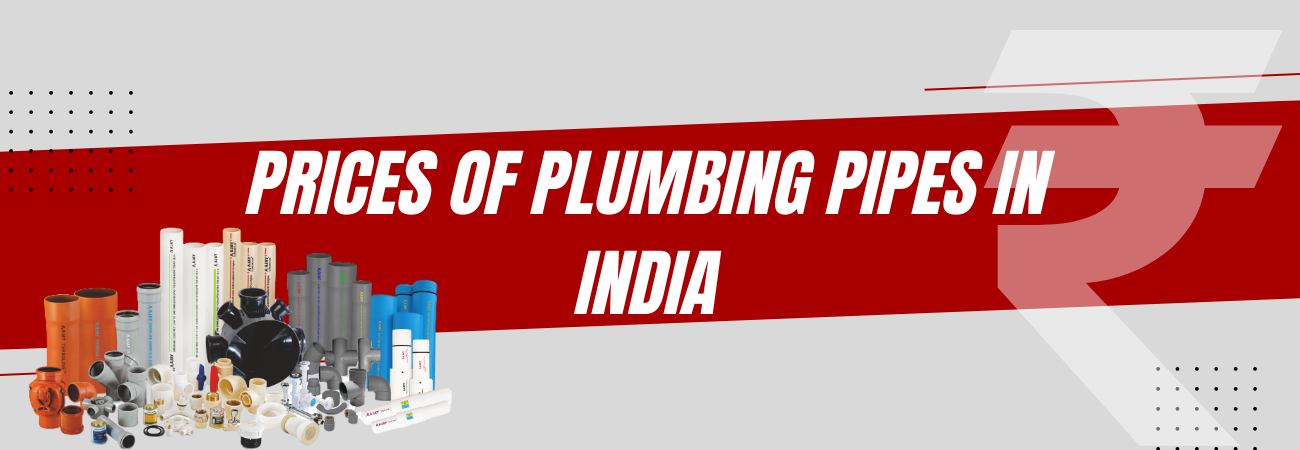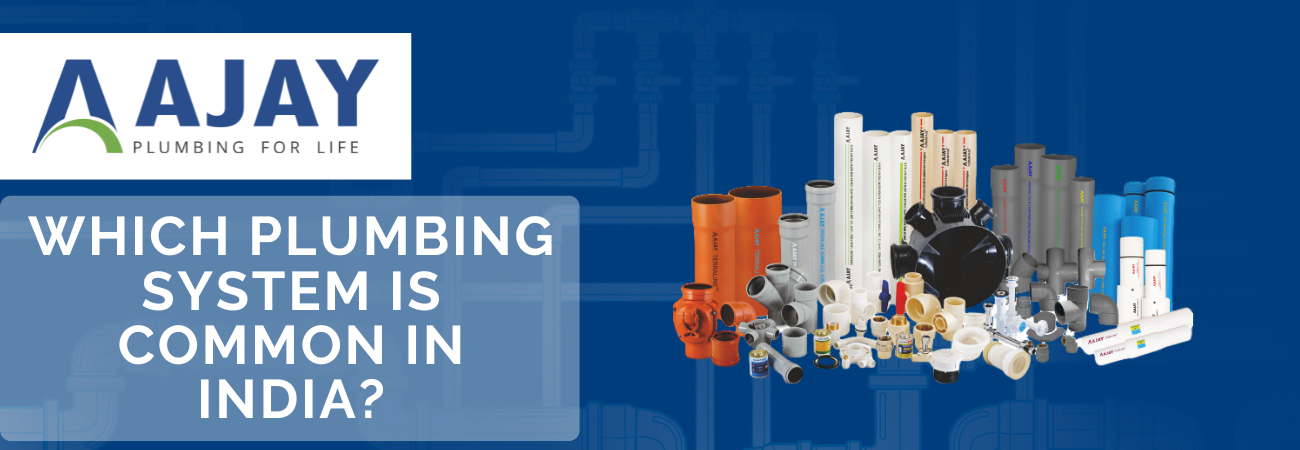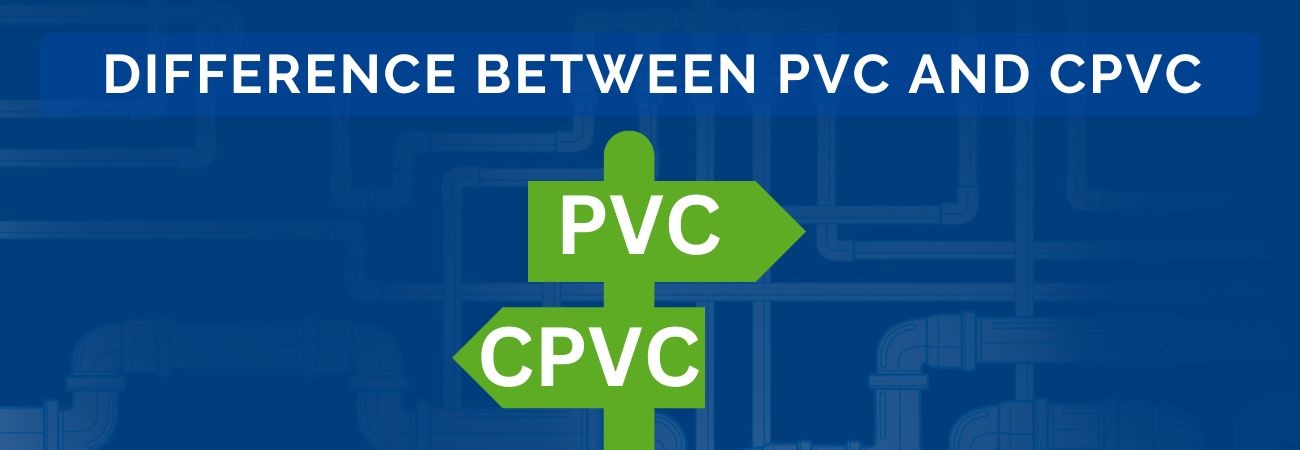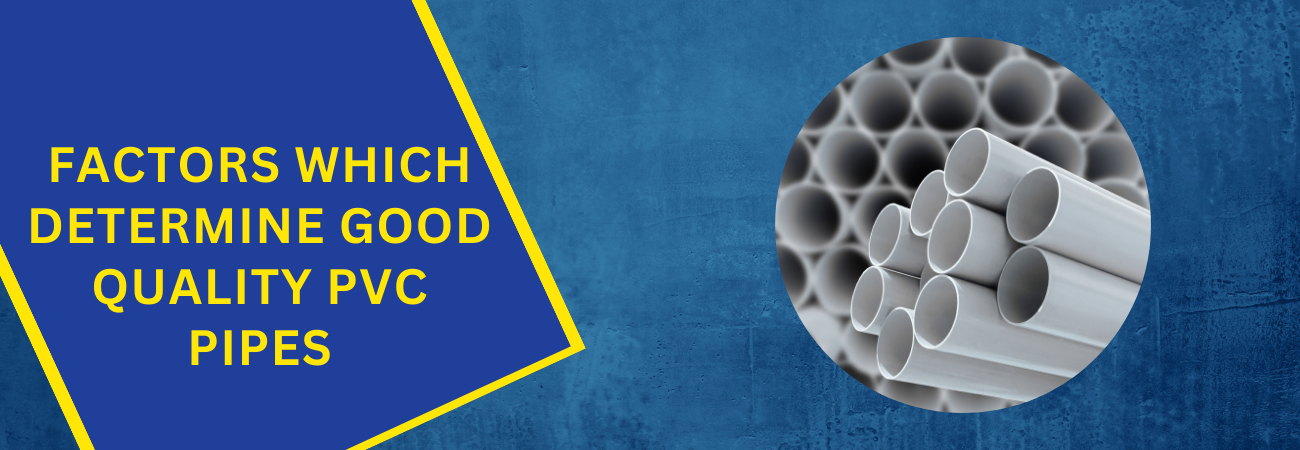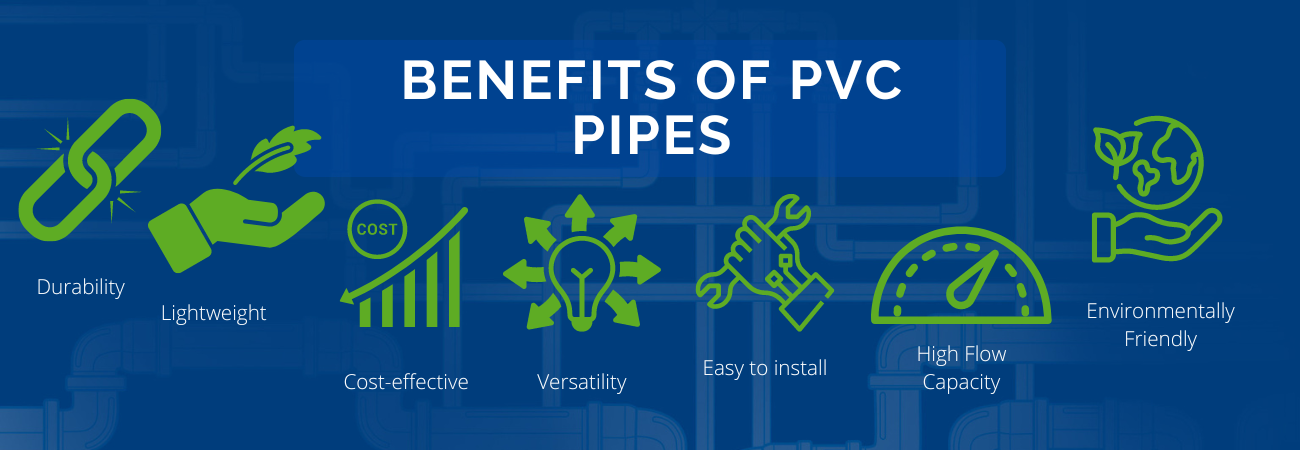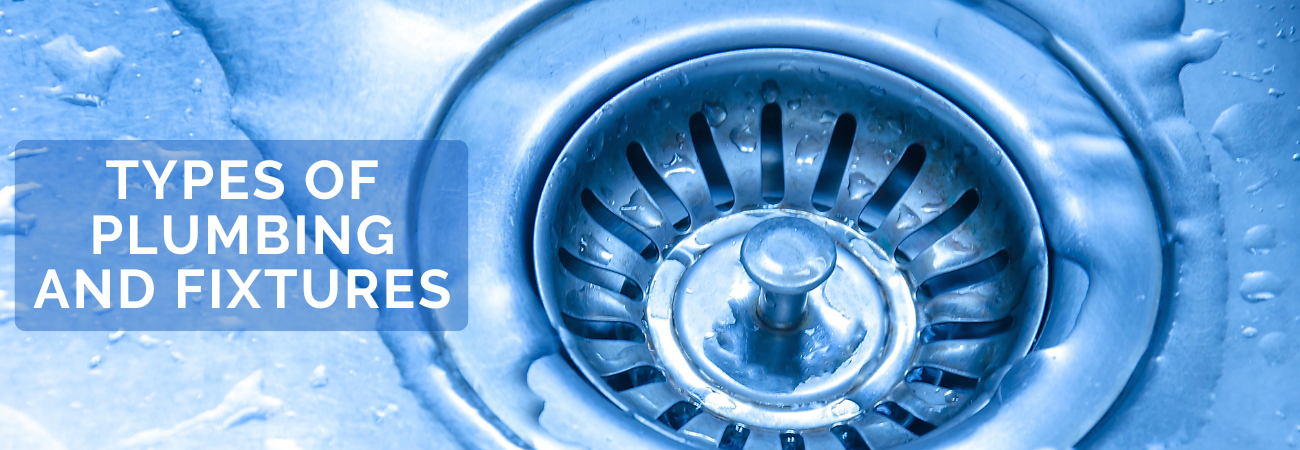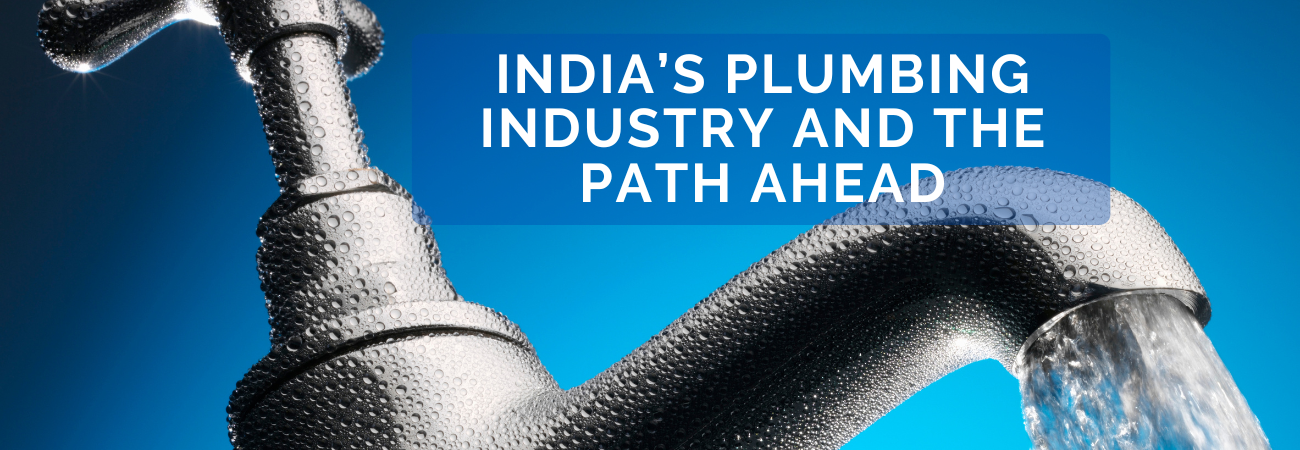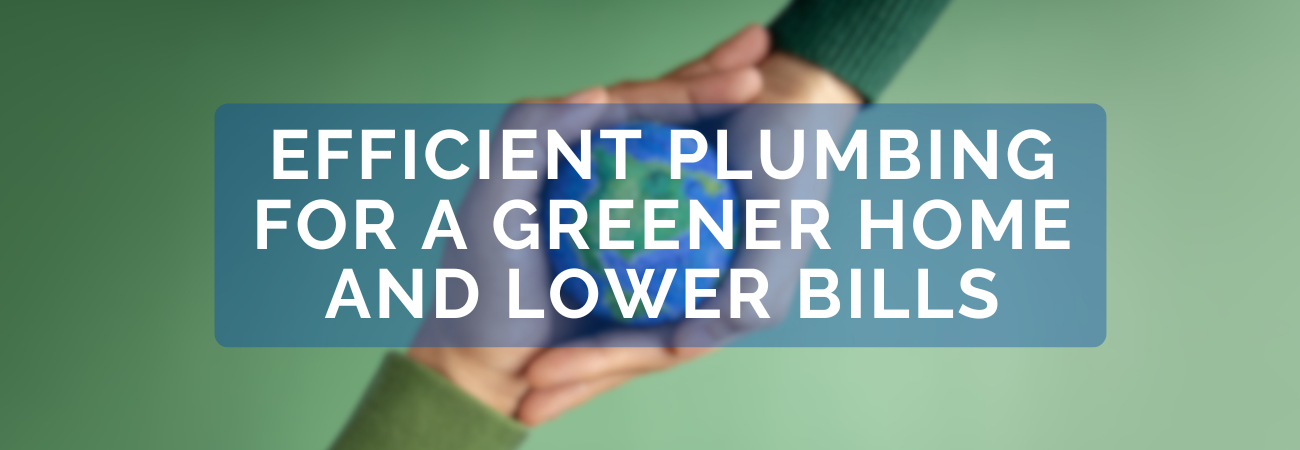Introduction
In the world of plumbing and fluid control systems, UPVC ball valves stand out as a robust, cost-effective, and versatile option. UPVC, or unplasticized polyvinyl chloride, is a type of plastic that is highly durable and resistant to various environmental factors, making it an ideal material for valves. Their popularity stems from their excellent performance in harsh conditions, ease of installation, and minimal maintenance requirements.
Understanding the Structure and Functionality of UPVC Ball Valves
A UPVC ball valve consists of a hollow, perforated ball that controls the flow of fluid through it. When the valve handle is turned, the ball rotates to either allow or block the passage of fluid. This simple yet effective mechanism makes ball valves an ideal choice for situations where quick and precise flow control is necessary. The use of UPVC as the material for these valves ensures that they are lightweight, resistant to corrosion, and durable.
Why UPVC Ball Valves Are the Preferred Choice
There are several reasons why UPVC ball valves are preferred over other types of valves, particularly in environments where corrosion is a concern.
- Corrosion Resistance: One of the most significant advantages is their resistance to corrosion. Unlike metal valves, which can rust and deteriorate over time when exposed to water, chemicals, or salt, UPVC valves remain unaffected. This property makes them ideal for use in water supply systems, especially in coastal areas where saltwater can be highly corrosive.
- Lightweight and Easy Installation: The lightweight nature of UPVC makes these valves easy to handle and install. This reduces labor costs and the time required for installation, particularly in large projects.
- Chemical Resistance: UPVC is resistant to a wide range of chemicals, making UPVC ball valves suitable for industrial applications where they may come into contact with harsh substances. This chemical resistance also means that these valves have a longer lifespan in environments that would otherwise degrade metal valves.
- Low Maintenance: UPVC ball valves require minimal maintenance, which is a significant advantage in both residential and industrial settings. Once installed, they function reliably with little need for repair or replacement, further reducing long-term costs.
Applications of UPVC Ball Valves
It is incredibly versatile and can be used in a wide range of applications. Here are some of the most common uses:
- Residential Plumbing Systems:
- In homes, UPVC ball valves are often used to control the flow of water in plumbing systems. They are commonly found in both cold and hot water lines, as well as in systems that distribute potable water. Their ease of use and reliable performance make them a popular choice for homeowners and plumbers alike.
- Irrigation Systems:
- UPVC ball valves are widely used in agriculture and landscaping for irrigation purposes. Their resistance to chemicals used in fertilizers and pesticides ensures that they do not degrade over time, providing consistent performance in regulating water flow to crops and gardens.
- Industrial Applications:
- In industrial settings, Their ability to withstand harsh environments without corroding makes them suitable for industries such as chemical manufacturing, food processing, and pharmaceuticals.
- Swimming Pools and Water Treatment:
- UPVC ball valves are also used in swimming pools and water treatment plants. Their corrosion resistance is particularly beneficial in these applications, where exposure to chlorine and other chemicals is common.
- HVAC Systems:
- In heating, ventilation, and air conditioning (HVAC) systems, UPVC ball valves are used to control the flow of refrigerants and water. Their ability to maintain a tight seal and resist leaks is crucial for the efficient operation of HVAC systems.
- Residential Plumbing Systems:
Key Features of UPVC Ball Valves
Several key features contribute to the widespread use and effectiveness of UPVC ball valves:
- Durability: UPVC is a tough material that can withstand significant pressure and temperature variations without cracking or warping.
- Smooth Operation: A simple turn of the handle can completely open or close the valve, providing precise control over fluid flow.
- Leak-Proof Design: This leak-proof design is essential in systems where fluid loss can be costly or hazardous.
- Wide Range of Sizes: UPVC ball valves are available in a variety of sizes, making them suitable for different types of piping systems, from small residential pipes to large industrial pipelines.
Maintenance Tips for UPVC Ball Valves
To ensure the long-term performance of UPVC ball valves, regular maintenance is essential. Here are some tips to keep these valves in optimal condition:
- Regular Inspections: Periodically inspect the valves for any signs of wear, leaks, or damage.
- Clean the Valves: Over time, debris and sediment can accumulate inside the valve, affecting its performance. Regular cleaning helps maintain smooth operation and prevents blockages.
- Proper Storage: If you have spare UPVC ball valves, store them in a cool, dry place away from direct sunlight. UV exposure can degrade the material over time, reducing the lifespan of the valves.
- Handle with Care: While UPVC is durable, it can still be damaged by excessive force. Handle the valves with care during installation and maintenance to avoid cracks or other damage.
- Check for Chemical Compatibility: Ensure that the fluids or chemicals used in your system are compatible with UPVC. While UPVC is resistant to many substances, some chemicals can cause degradation over time.
For any queries, contact the plumbing experts at Ajay pipes on the Toll Free No. : 1800-11-4050 or via email at our email address info@ajaypipes.com

